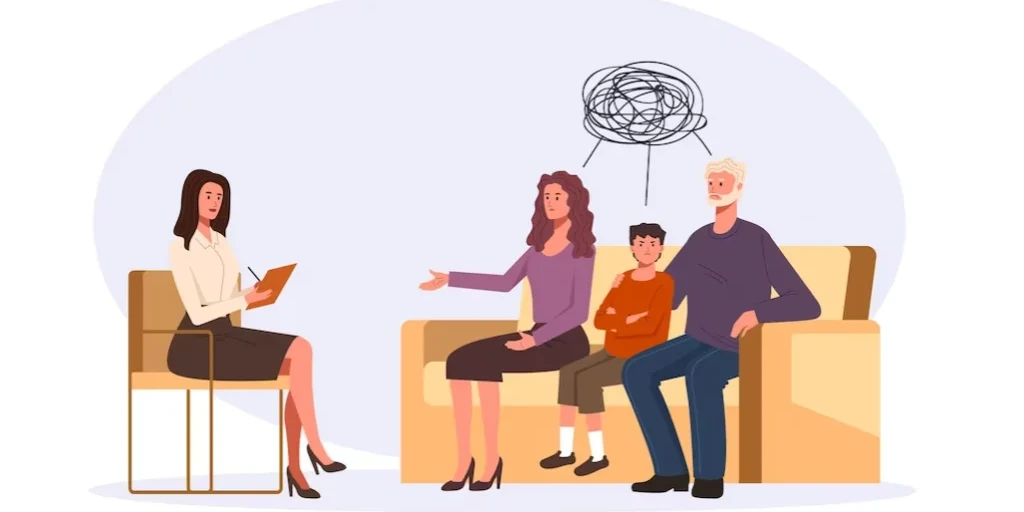plays a crucial role in the rehabilitation of individuals struggling with addiction. In Keshena, the Group Therapy rehab centers are dedicated to treating various forms of addiction, including substance abuse, alcoholism, and behavioral dependencies. These centers utilize a holistic treatment approach, integrating physical, emotional, and psychological support to foster long-lasting recovery. The importance of rehab centers cannot be overstated, as they provide a safe, structured environment where patients can confront their struggles, learn coping strategies, and build a support network with others facing similar issues. Historically, Group Therapy rehab centers in Keshena have been instrumental in addressing the addiction crisis in the community, providing essential services that have helped numerous individuals regain control of their lives and reintegrate into society. As addiction continues to be a widespread issue across the United States, Keshena's commitment to recovery through group therapy shines a light on the collective efforts required to combat this epidemic, making these facilities invaluable to the region and beyond. The combination of expert-led group sessions and individual counseling emphasizes the strength found in shared experiences and the power of community in overcoming adversity. Exploring Group Therapy rehab centers in Keshena means uncovering a rich legacy of hope, healing, and transformation.
Learn more about Group Therapy centers in Keshena


































